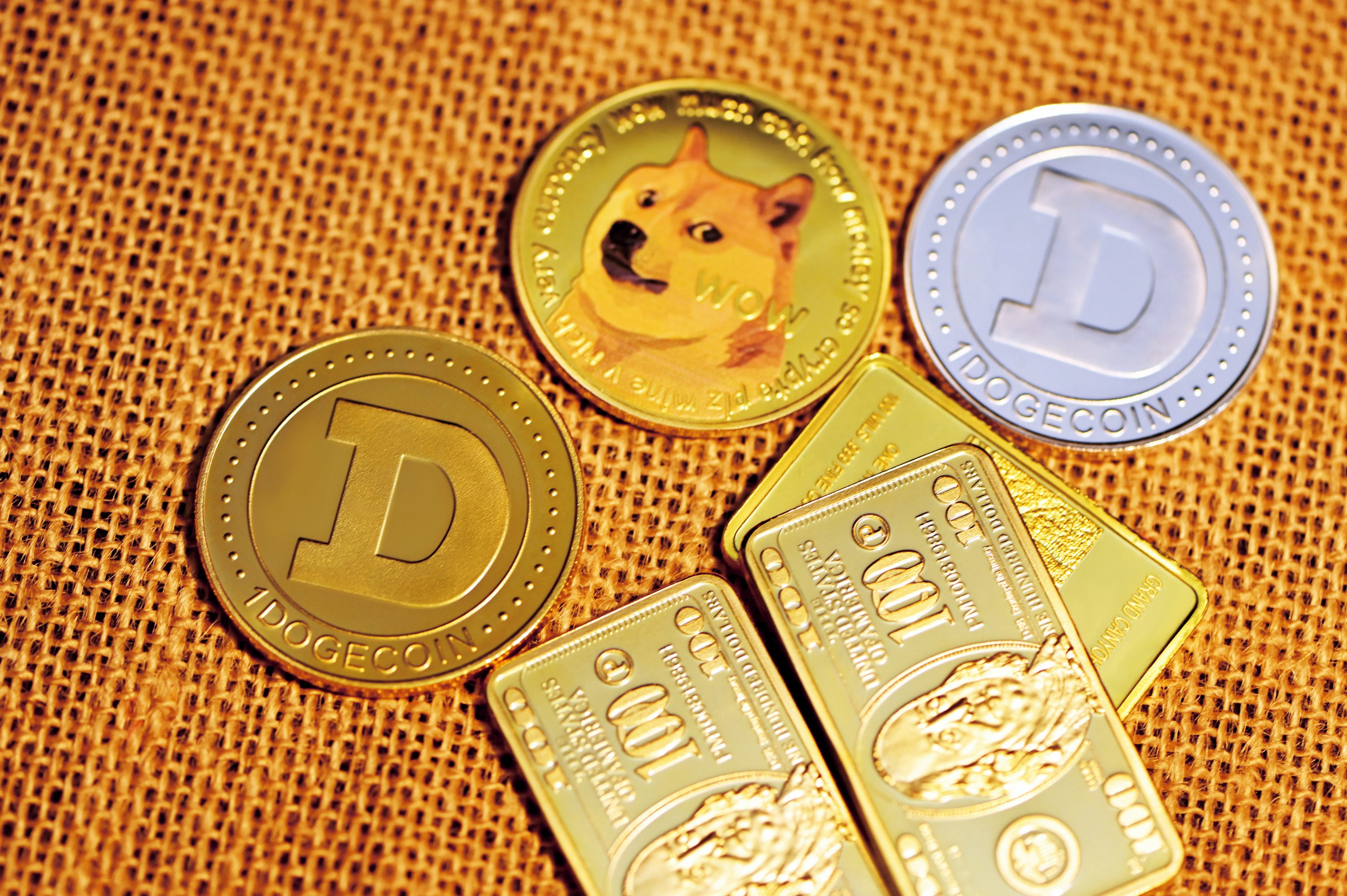ARTICLE AD
The Commission has raised concerns about whether Circle should be considered an “investment company,” which would subject it to stricter regulations.
Circle Internet Financial, the company behind the second-largest stablecoin USDC, is planning to go public through an IPO. But the SEC’s concerns about USDC could test its ambitious bid, said Barron’s, citing documents from the SEC.
The documents show that the SEC’s Division of Corporation Finance engaged in nearly a year-long correspondence with Circle. The Commission requested Circle’s disclosures about the risks of USDC being classified as a security and raised concerns about whether Circle should be considered an “investment company” and go through a different registration process.
If USDC is deemed a security, Circle would face increased costs and regulatory requirements, as it would need to register USDC and potentially be subject to investment company regulations, Barron’s noted. This could make it more expensive for Circle to operate. Plus, this could prevent certain types of businesses from being able to transact in USDC.
If Circle is deemed an investment company, it would be subject to closer SEC oversight, including requirements to file holding reports and to abide by certain operational limits that don’t apply to regular operating companies.
“If these things are securities, it becomes more expensive for Circle to operate, if they even can operate,” Todd Phillips, a law professor at Georgia State University, told Barron’s.
Circle’s IPO plan, disclosed earlier this year, is the company’s second attempt. Its initial bid to go public in 2022 was unsuccessful due to SEC scrutiny. The company said the IPO would take place after the SEC completes its review, in accordance with market conditions and other factors.
Previously, SEC Chair Gary Gensler hinted that stablecoins backed by securities could be treated as securities. However, he did not specifically name USDC in his remarks.
Coinbase, Circle’s prominent backer, said USDC is not a security. Notably, the SEC’s recent lawsuit against Coinbase, which accused Coinbase of selling 13 unregistered securities, did not include USDC.
Additionally, in a court filing last September, Circle claimed that stablecoins like USDC are not securities because those who purchase them are not expecting any profit, and payment stablecoins do not have the “features of an investment contract.”
USDC is not the only stablecoin under the regulatory radar. PayPal’s stablecoin PYUSD and Ripple’s upcoming stablecoin, Ripple USD (RLUSD), also face scrutiny from the SEC.
PayPal said last November it received a subpoena from the SEC requesting documents related to PYUSD.
Ripple plans to debut its stablecoin on XRPL and Ethereum, but the SEC has already considered it evidence that Ripple might keep doing things that violate securities laws.
The information on or accessed through this website is obtained from independent sources we believe to be accurate and reliable, but Decentral Media, Inc. makes no representation or warranty as to the timeliness, completeness, or accuracy of any information on or accessed through this website. Decentral Media, Inc. is not an investment advisor. We do not give personalized investment advice or other financial advice. The information on this website is subject to change without notice. Some or all of the information on this website may become outdated, or it may be or become incomplete or inaccurate. We may, but are not obligated to, update any outdated, incomplete, or inaccurate information.
Crypto Briefing may augment articles with AI-generated content created by Crypto Briefing’s own proprietary AI platform. We use AI as a tool to deliver fast, valuable and actionable information without losing the insight - and oversight - of experienced crypto natives. All AI augmented content is carefully reviewed, including for factural accuracy, by our editors and writers, and always draws from multiple primary and secondary sources when available to create our stories and articles.
You should never make an investment decision on an ICO, IEO, or other investment based on the information on this website, and you should never interpret or otherwise rely on any of the information on this website as investment advice. We strongly recommend that you consult a licensed investment advisor or other qualified financial professional if you are seeking investment advice on an ICO, IEO, or other investment. We do not accept compensation in any form for analyzing or reporting on any ICO, IEO, cryptocurrency, currency, tokenized sales, securities, or commodities.

 7 months ago
47
7 months ago
47 

